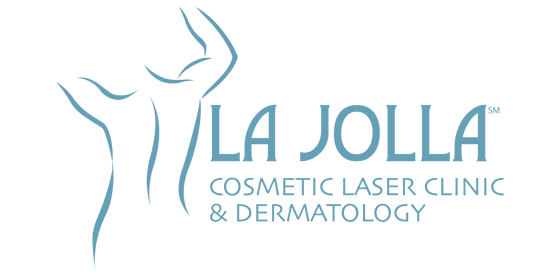By Nasrin Mani, M.D.
If you are wondering if you suffer from Psoriasis, the condition carries a number of tell-tale signs. Psoriasis is a skin condition that can occur anywhere on your body and will typically manifest as patches of thick, red and scaly skin. Often, your patches will be symmetrical and there will be a “scale” on top which will be silvery to white.
General Psoriasis Information
No matter the severity of your psoriasis, there are a number of things that are consistent across the condition itself. First, it does have a hereditary component, as up to 50% of those affected also have a family member with the condition. Next, Psoriasis is not contagious. This means that contact with another person cannot result in your psoriasis being transferred to them.
How Psoriasis Manifests
Psoriasis is a lifelong condition; while it may not manifest at birth, once it surfaces it can never be cured. Your psoriasis may come as the result of a trigger such as severe stress, skin injury, infection, or by taking certain drugs such as lithium, beta blockers (drugs used for high blood pressure) or nonsteroidal anti-inflammatory drugs (NSAIDs). While its exact cause is unknown, psoriasis is likely a result of an immune system malfunction.
Your psoriasis can appear anywhere on your skin and in severe cases may even affect your joints. You will frequently see the lesions caused by psoriasis on your elbows, knees and back and may also see them on your scalp or under and around your fingernails. Areas that are under constant friction are more likely to develop these lesions and you will often experience itching along with the physical manifestation of the lesions.
There are a number of types of specific psoriasis including:
• Chronic Plague Psoriasis: In this case, your psoriasis will consist of large, flat patches of scaly skin.
• Acute Guttate Psoriases: If you have this type of psoriasis, you will have small patches over a widespread area.
• Photosensitive Psoriasis: This type of psoriasis will appear after you have been exposed to sunlight.
Psoriasis is not limited to these few example types and your psoriasis can range from mild (seen in 2/3 of patients) to moderate or even severe.
Self-Treating Psoriasis
There are a number of things you can do to manage your own psoriasis that will both decrease the number of lesions present and lessen the irritation they cause.
First, be sure to bathe daily and use mild soaps to both keep your skin moist and avoid further irritation of your lesions. Next, use oil-based moisturizers on all psoriases-affected areas of the body and consider the use of 0.5% or 1% hydrocortisone cream or shampoos with salicylic acid to soften your lesions.
Your doctor may also prescribe treatment for your psoriasis including Donovex (calcipotriene), a vitamin D derivative cream or Tazorac (tazarotene), a vitamin A derivative cream, to help with lesions.
If your psoriasis is more severe, UV light therapies or proteins that block certain immune functions may be prescribed as well.
